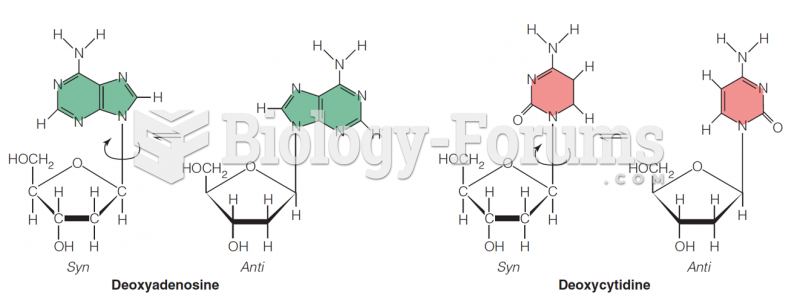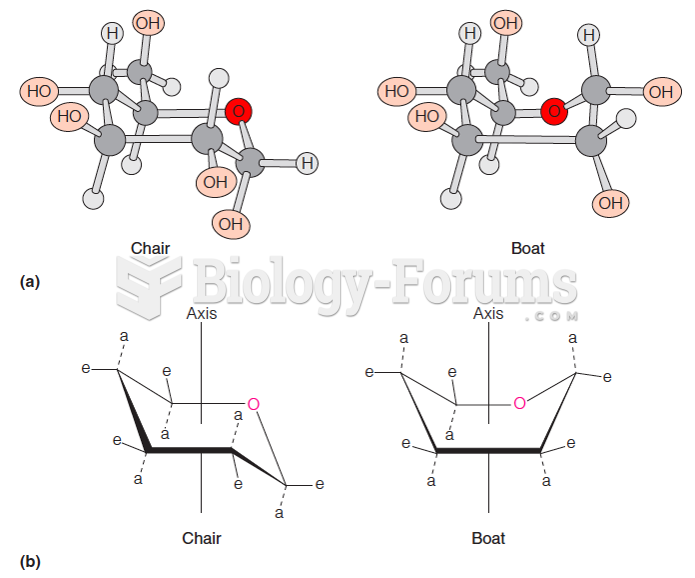|
|
|
In 1885, the Lloyd Manufacturing Company of Albany, New York, promoted and sold "Cocaine Toothache Drops" at 15 cents per bottle! In 1914, the Harrison Narcotic Act brought the sale and distribution of this drug under federal control.
Of the estimated 2 million heroin users in the United States, 600,000–800,000 are considered hardcore addicts. Heroin addiction is considered to be one of the hardest addictions to recover from.
Bacteria have been found alive in a lake buried one half mile under ice in Antarctica.
Though the United States has largely rejected the metric system, it is used for currency, as in 100 pennies = 1 dollar. Previously, the British currency system was used, with measurements such as 12 pence to the shilling, and 20 shillings to the pound.
Signs of depression include feeling sad most of the time for 2 weeks or longer; loss of interest in things normally enjoyed; lack of energy; sleep and appetite disturbances; weight changes; feelings of hopelessness, helplessness, or worthlessness; an inability to make decisions; and thoughts of death and suicide.
 Durkheim believed that modern societies produce feelings of isolation, much of which come from the ...
Durkheim believed that modern societies produce feelings of isolation, much of which come from the ...
 Looking at objects in nature is a great way to encourage joint attention and allows infants to learn ...
Looking at objects in nature is a great way to encourage joint attention and allows infants to learn ...





